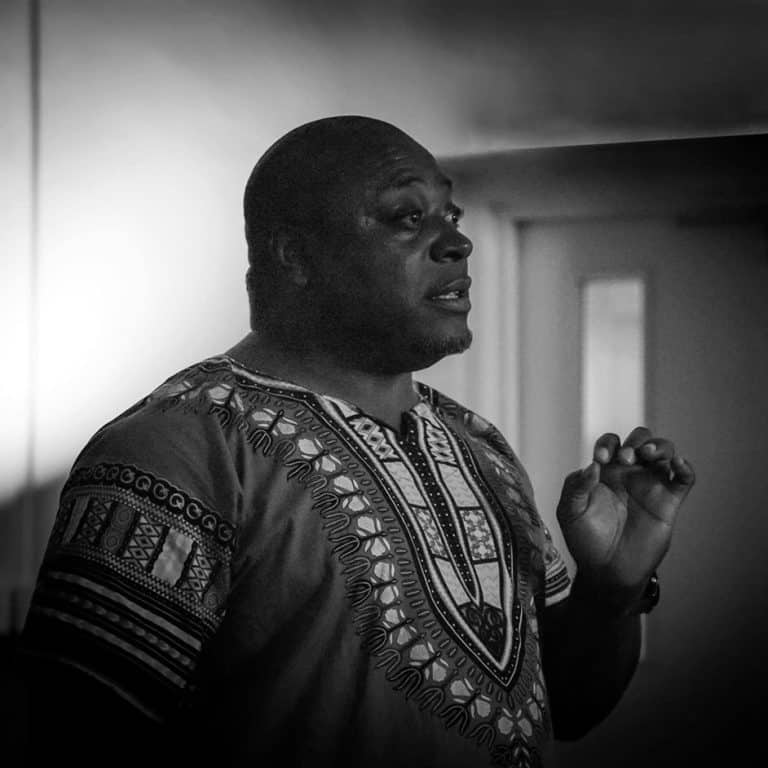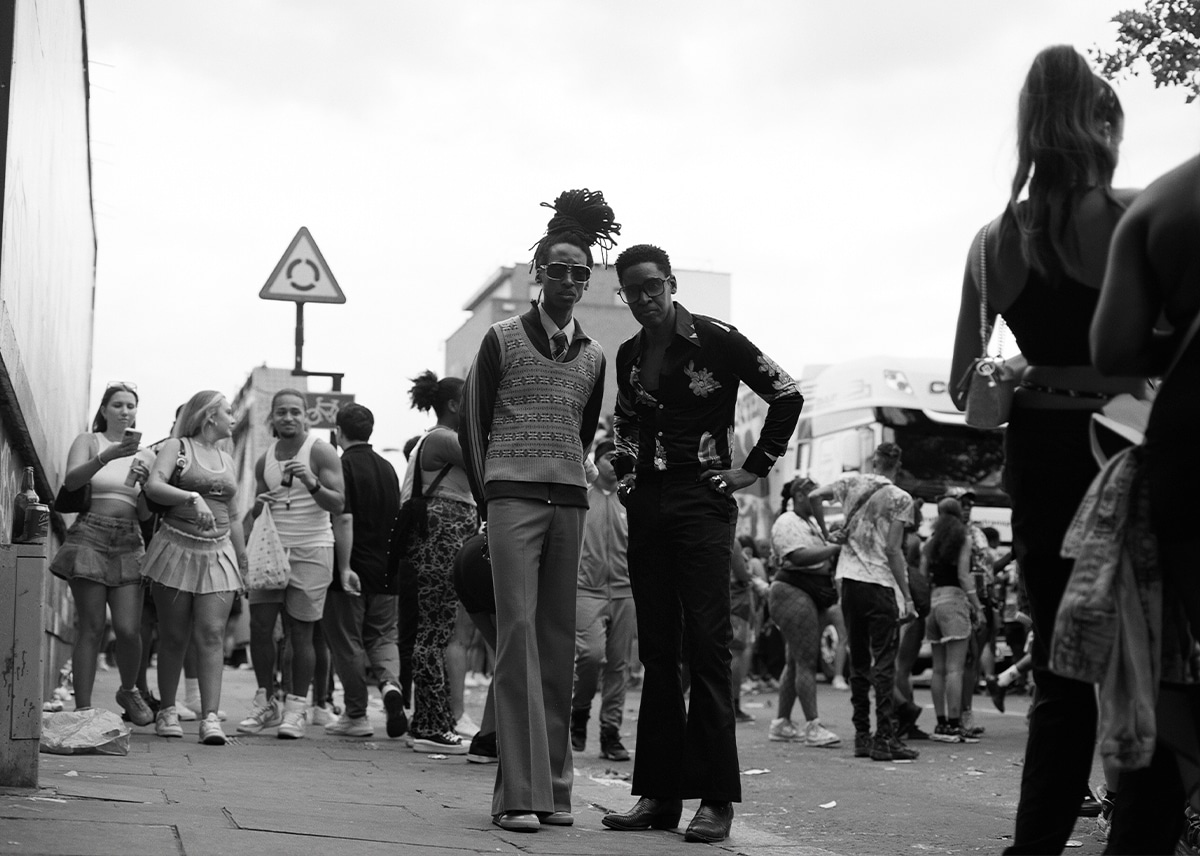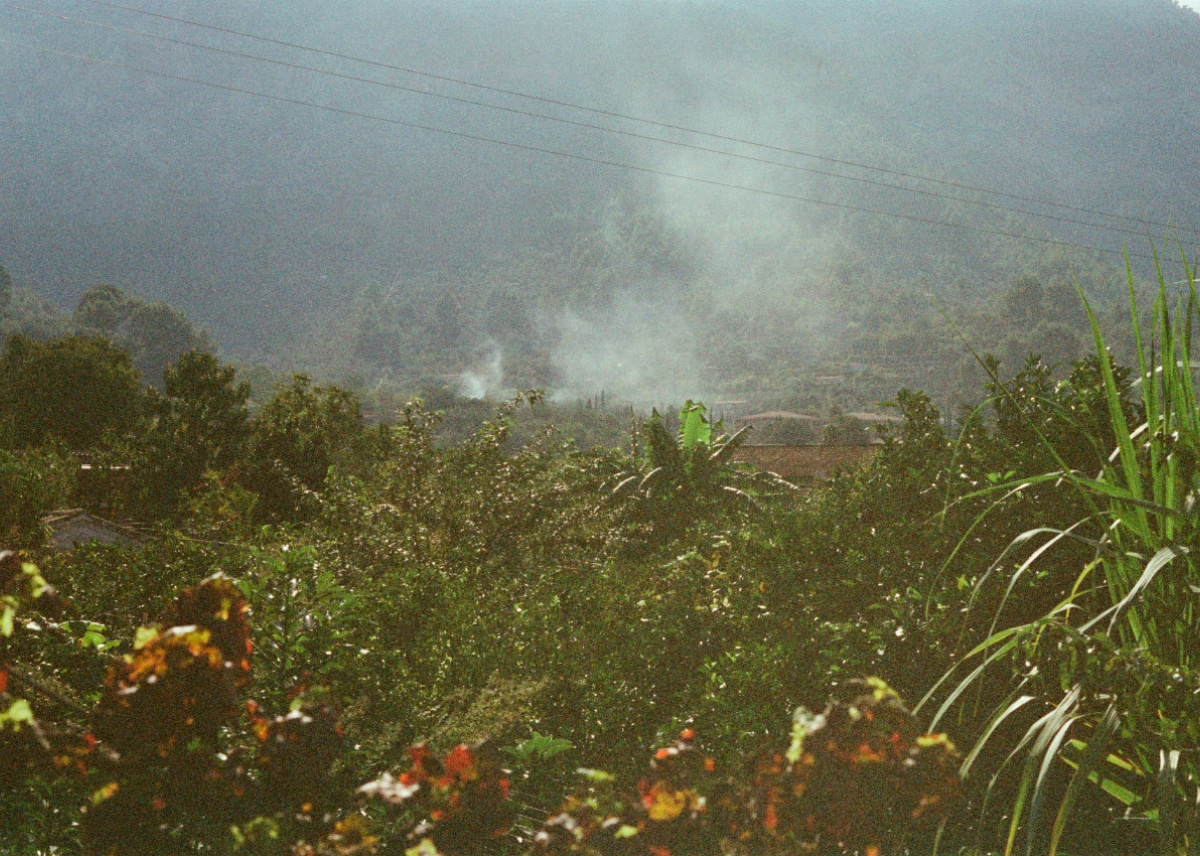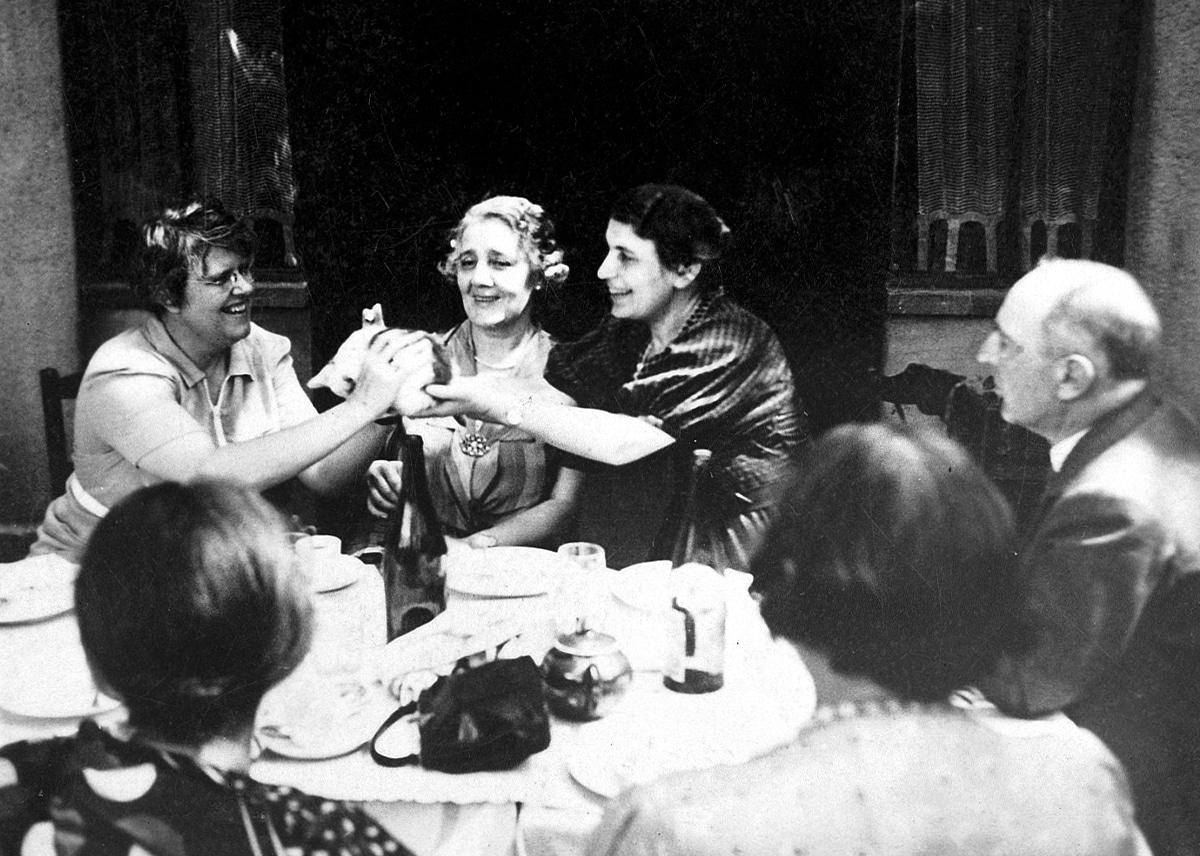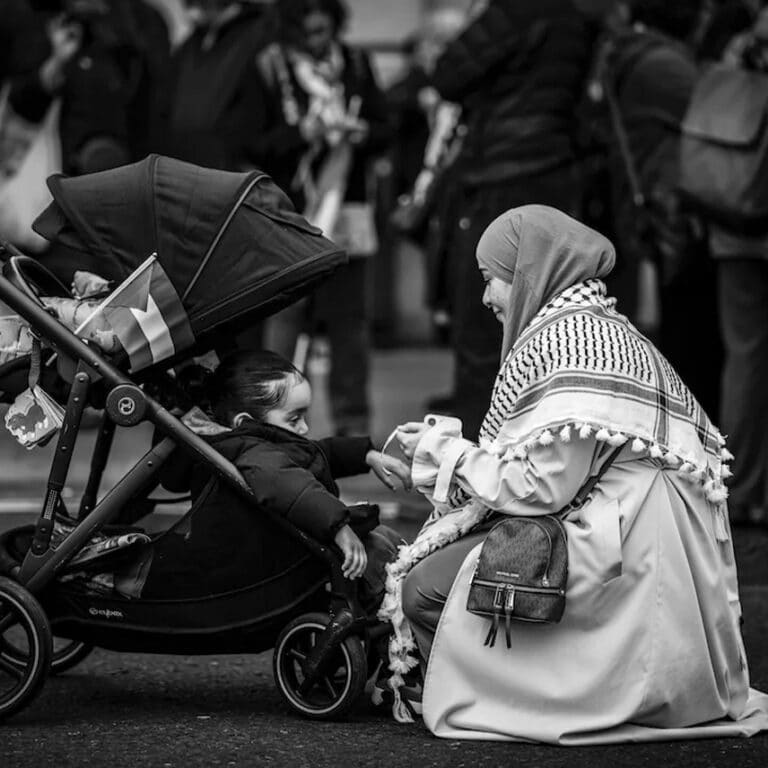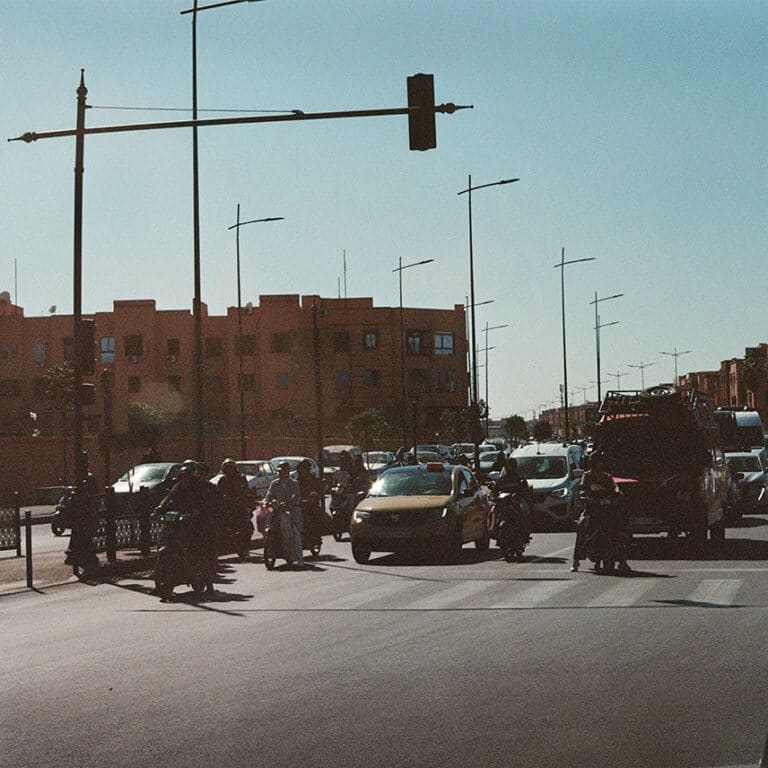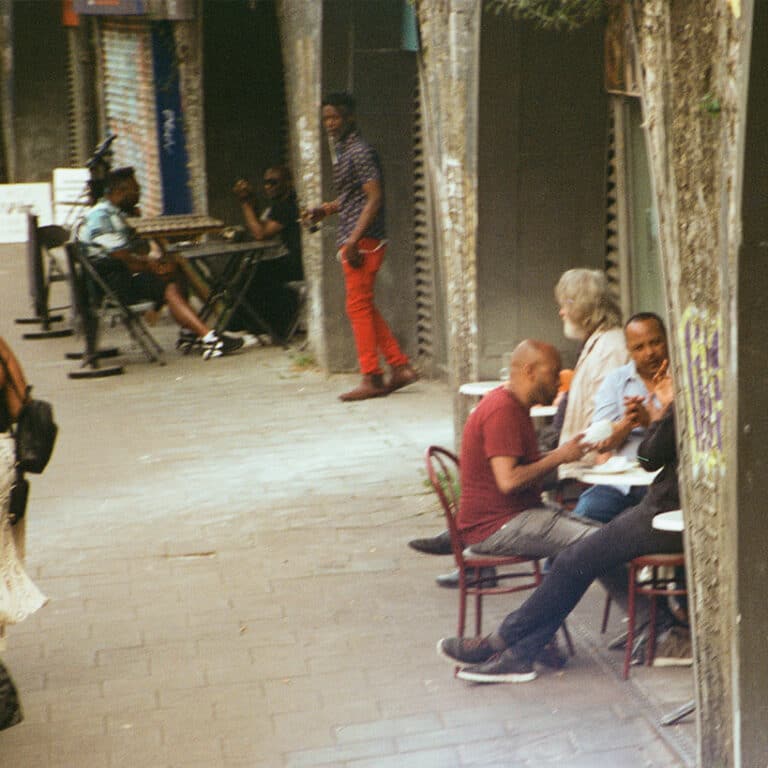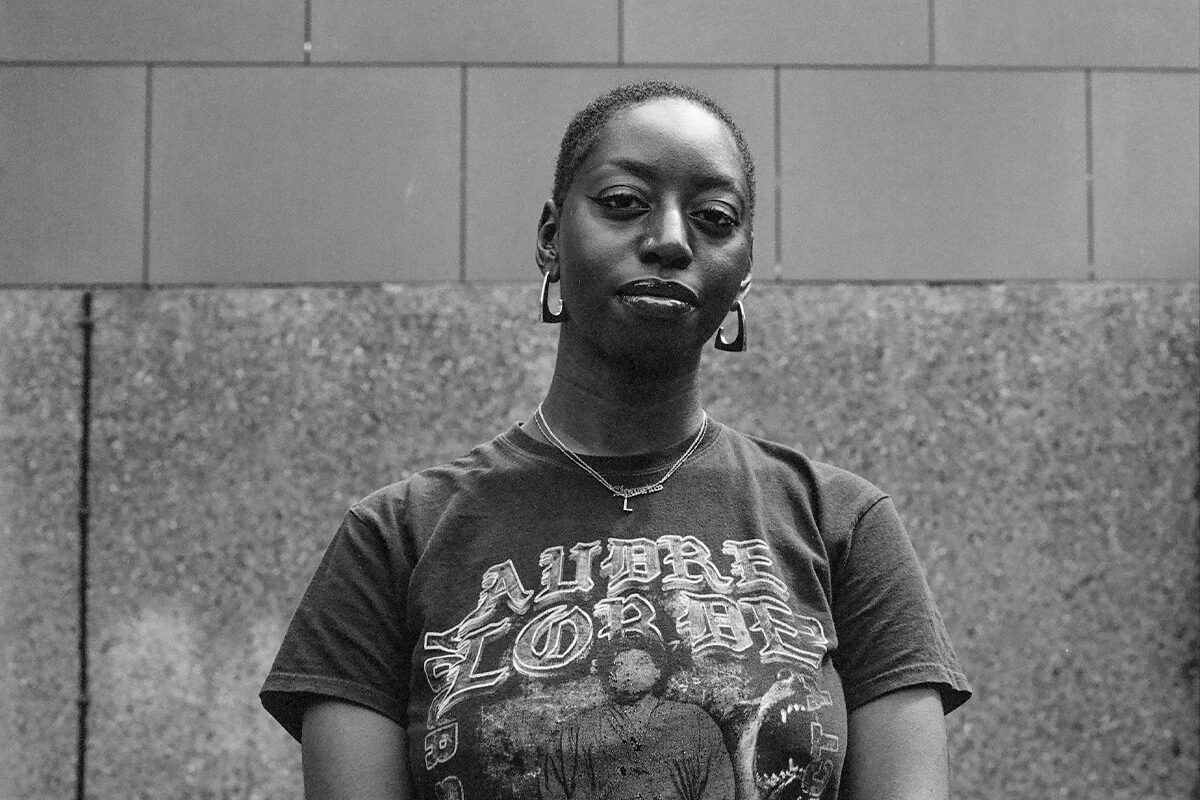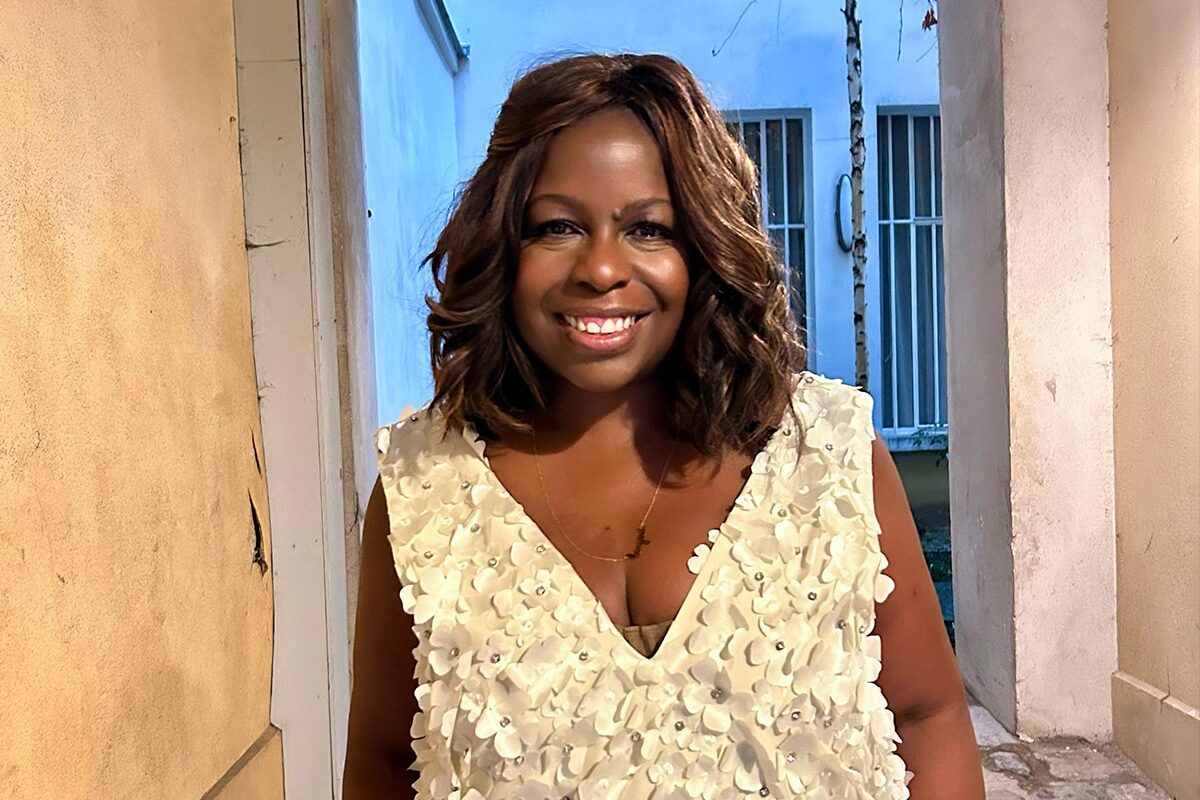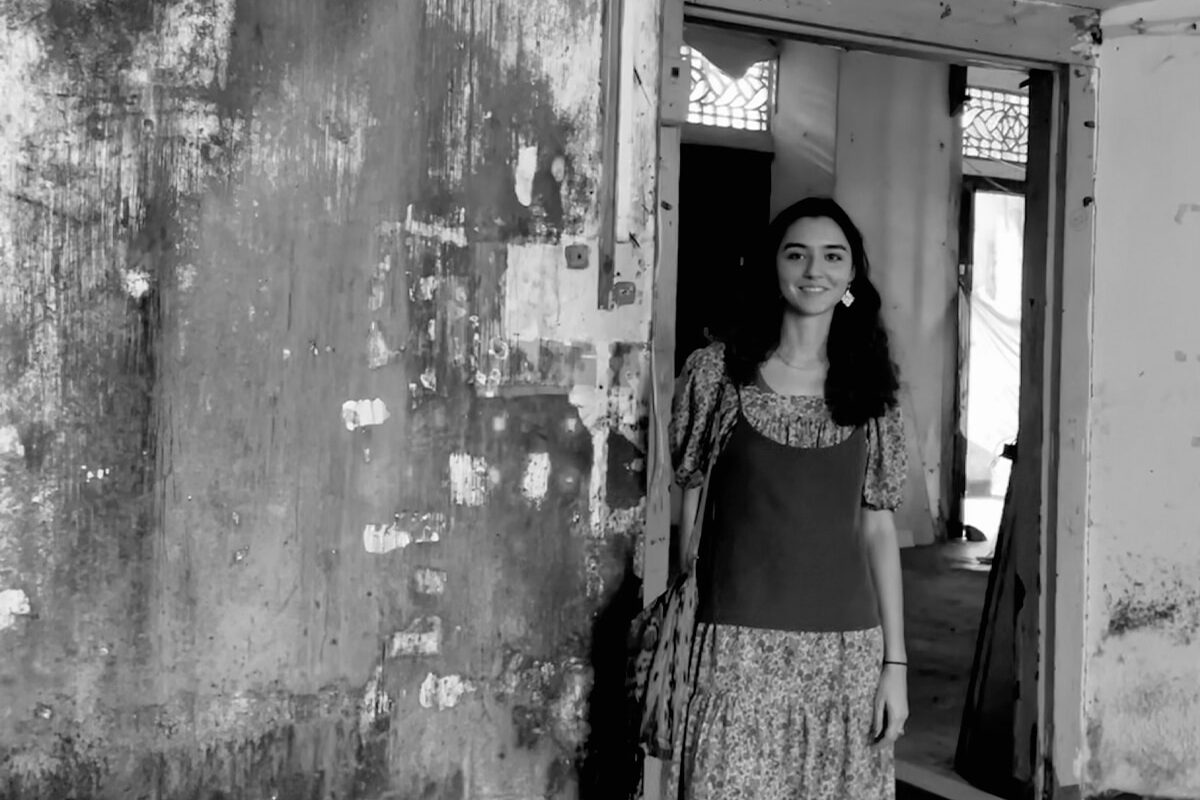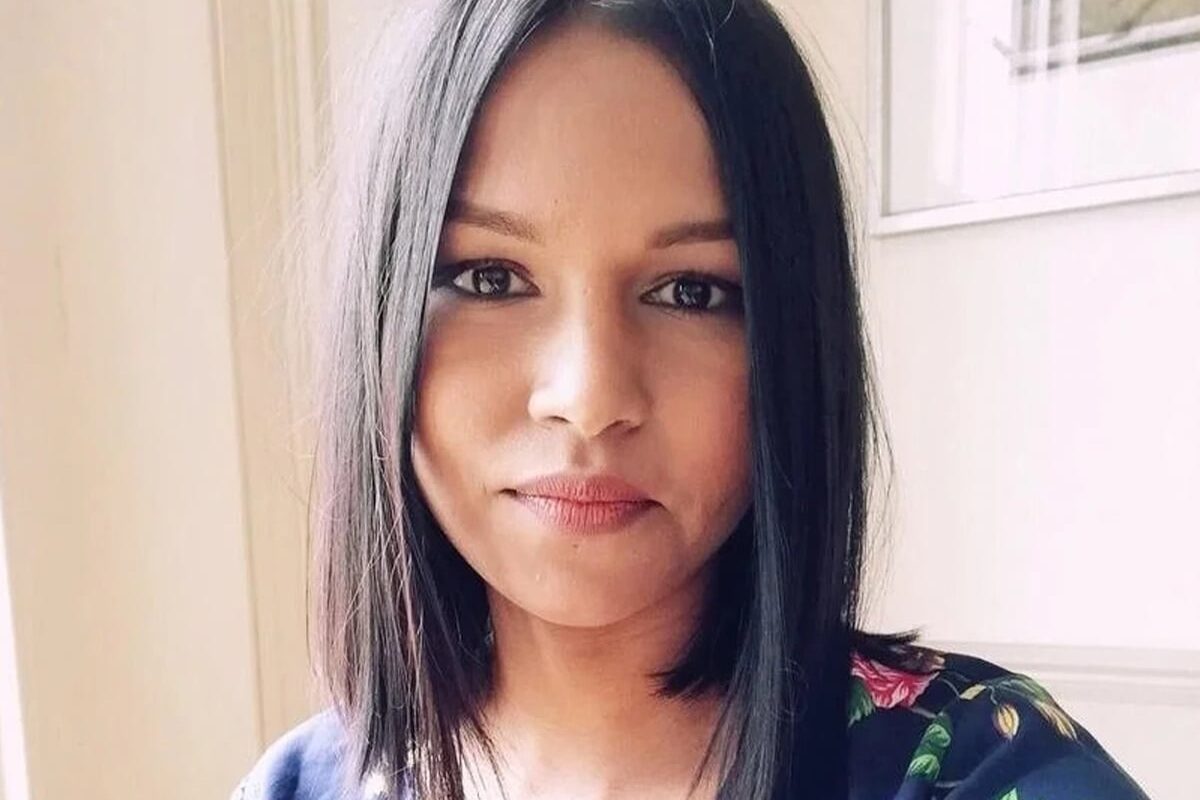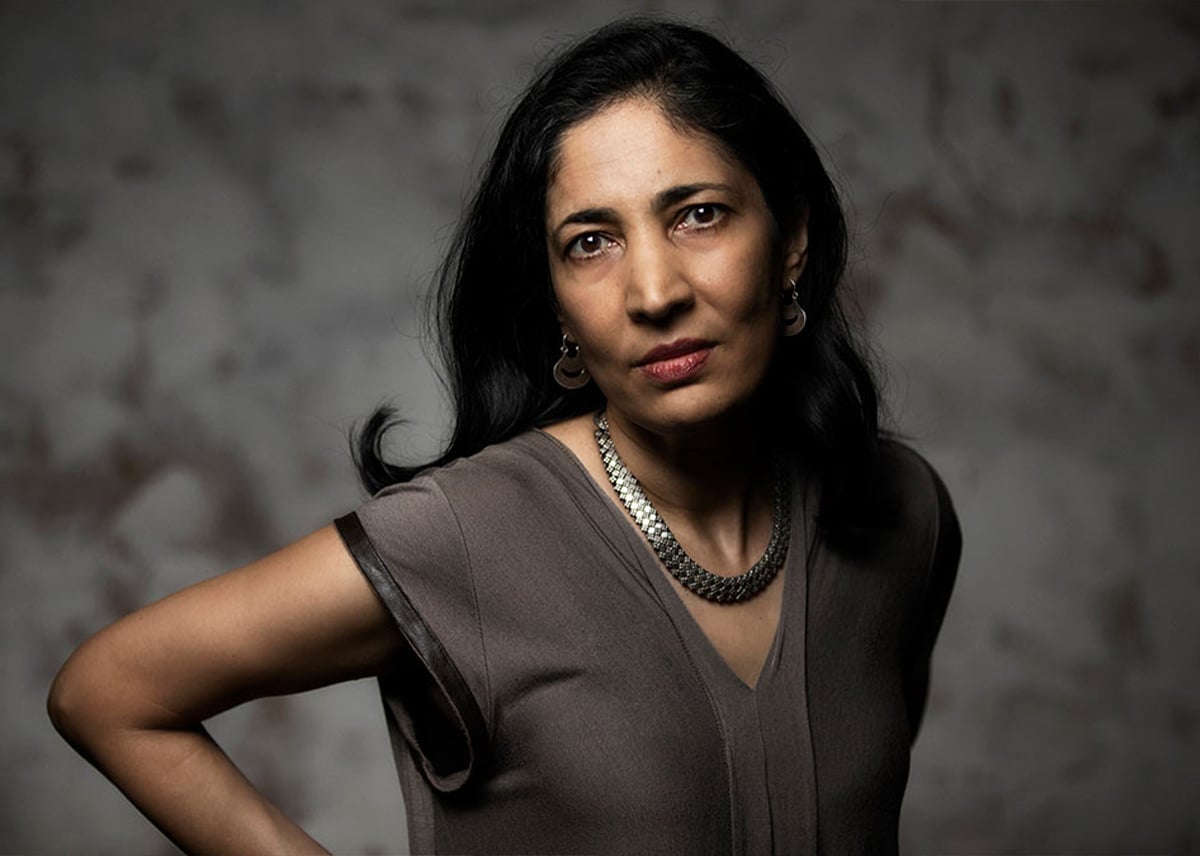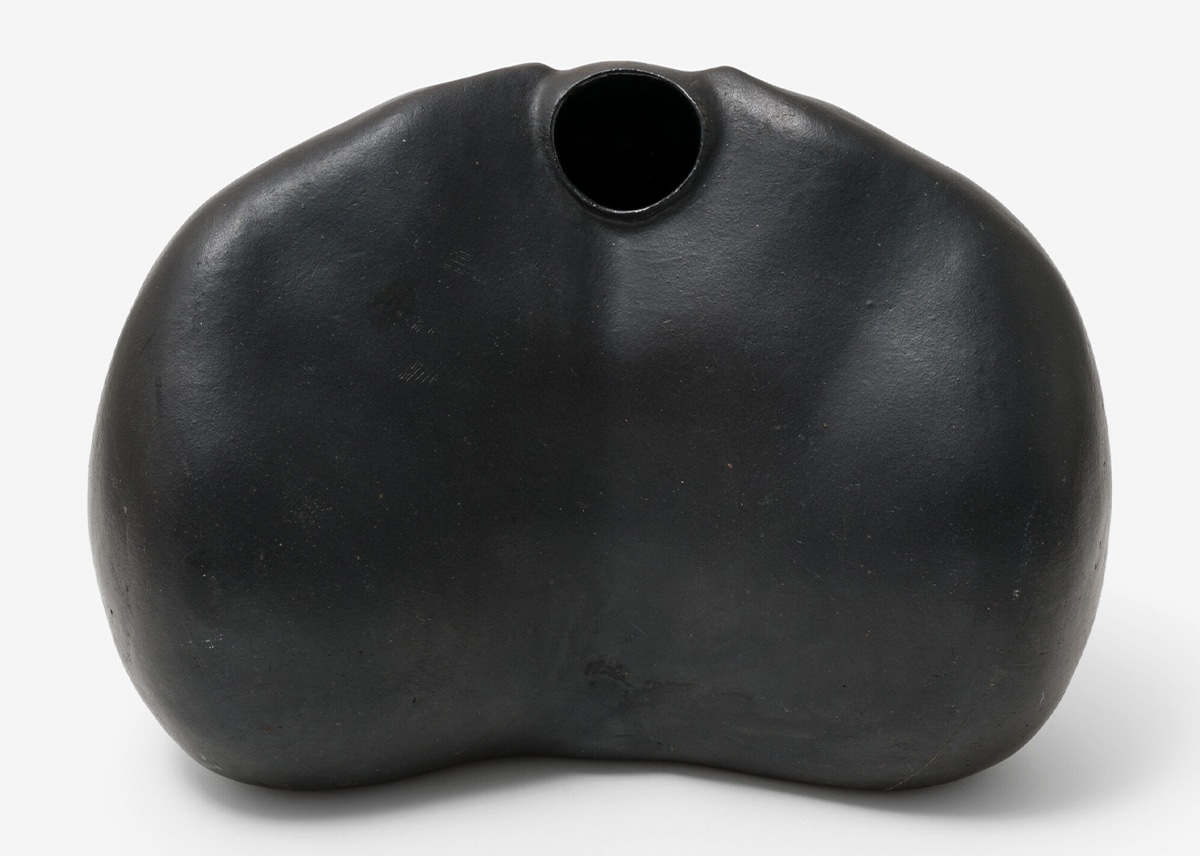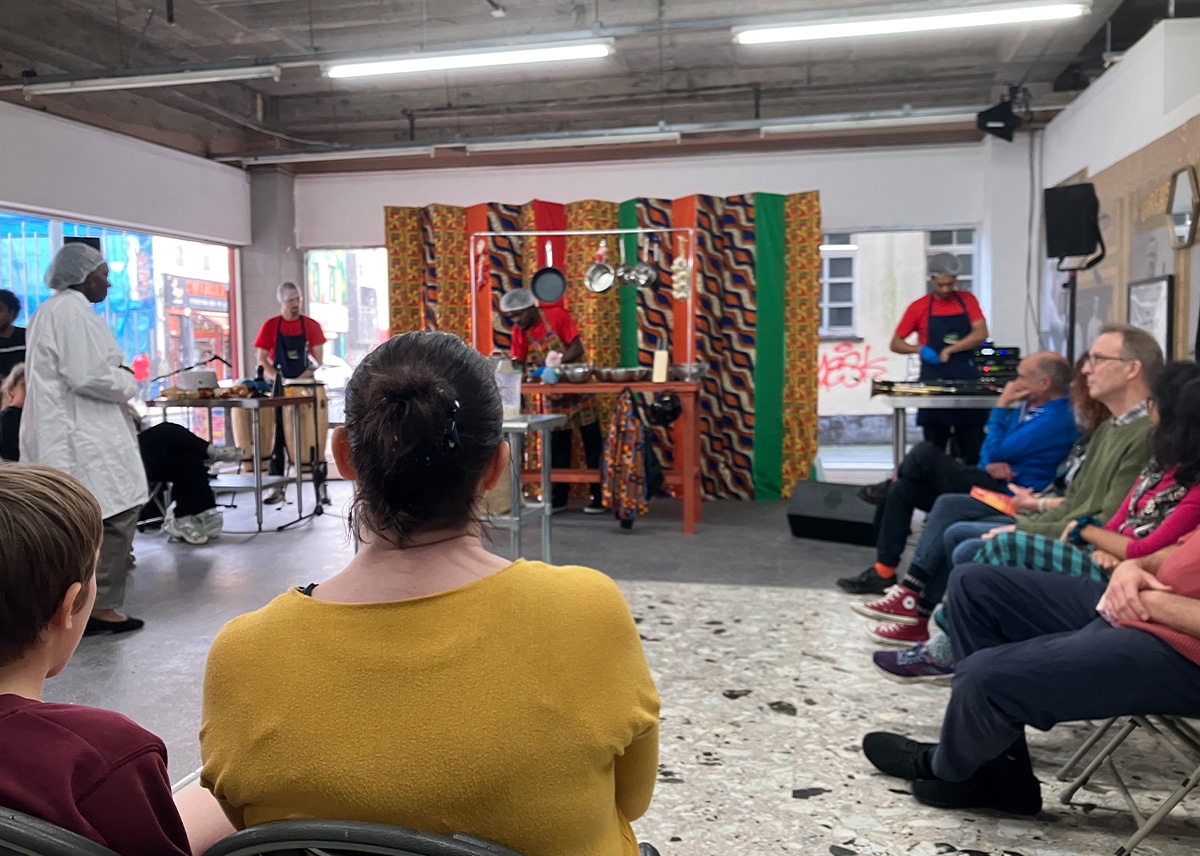On not becoming an army officer
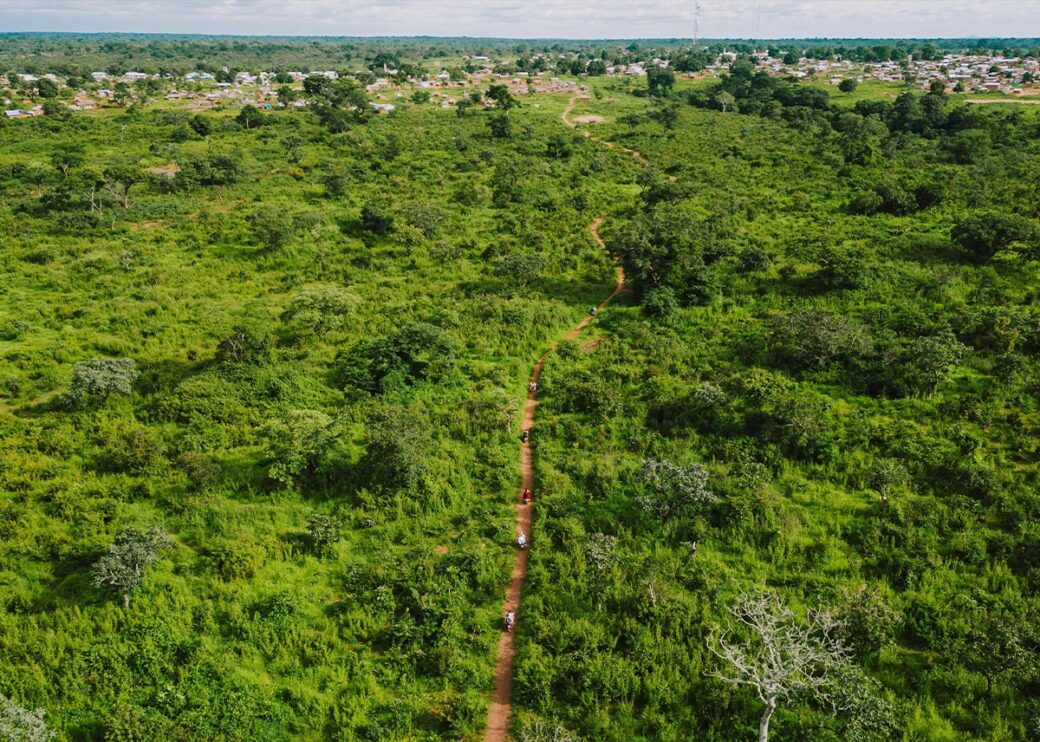
Growing up, I was what Frantz Fanon called in the Creole language, ‘Palaver pikin,’ a sort of troublemaker, a child the neighbourhood children were advised not to play with. This was through no fault of my own. By eleven, I had already given up on my country, Cameroon. Every afternoon, after school and just before the Evasrikuke started cooing, a signal for us to join our mother on one of her many farms, my brother, five years older than me, would sit on the boulders outside our kitchen and complain about everything: no jobs for young graduates; government officials with rhinoceros necks gulping the nation’s cake; astronomical fees charged by the Presbyterian and Catholic church schools; the army being a reliable employer; and about Mola Enderle being a witch. What else could explain how the moon turned black on the eve of his death?
During one of my brother’s rants, I decided I would join the Cameroonian army once I passed my A-levels.
In 1995, I was ready to become an officer in our military. Before I went to sleep that night, I said a thousand prayers.
My sisters were pioneers. Ndinge had joined the gendarmes, the French intervention force, and Enanga was the first woman in the village to join the Army, which was still regarded as a reserve for men.
I had nothing to fear; there were no wars to fight. The worst that could happen was that, perhaps after my training, I would be sent to the Bakassi peninsula to help defend the border against pirates and the small group of our Nigerian cousins who believed the oil-rich peninsula belonged to Nigeria. This quarrel began when Britain ‘owned’ both countries, one as a mandated territory and the other as a colony.
I checked my bag and my laminated school-leaving certificates. My O-level certificate was wrapped in a grey cover. I cherished them both. They had been delayed when most things had stopped because of rumours spreading across the country about a possible military coup to remove the president. My treasured A-level certificate was wrapped in a newspaper and placed in the middle of the bag, beside my birth certificate, which also served as my identity card.
I entered the kitchen, shooed out the goats, cleaned up the chicken droppings, and placed a pot on the fire. The night before, my mother had cooked huckleberry mixed with dried fish and Ibo coco (a soft cocoyam). For the first time in my seventeen years on this earth, I sat on my mother’s chair and watched smoke from the fire spiral out through the holes in the kitchen wall, carrying my thoughts far afield. I placed four cocoyams onto my plate, added a dollop of huckleberry and two slices of mololo fish, and ate while saying a silent prayer. After the meal, I jogged to the stream and swam in icy waters. I rested on my back, enjoying the hum of dragonflies as their wings buzzed and the water splashed around me. Blue-headed and yellow-crested kingfishers dived for tadpoles, and among the greenery, a woodpecker tapped kock, kock, kock’. The sky was a carpet of white and blue, with sheep-shaped clouds and sparkling lines like fireflies holding hands, their shadows criss-crossing my brow.
My heart was glad.
Back in the house, I dusted my brown sandals. A grey spider leapt out, and I squashed it without a second thought. I was already developing the talents of a killer. With my catapult skills, I was already a sharpshooter.
I put on my grey pullover, a gift from my mother, and my tight-fitting blue trousers, which my sister had bought for me at Tiko market. Trying not to wake her, I tiptoed towards my mother’s room, poked my head through the door, and heard her snoring. She bellows out her snores like the sneezes of a humpback whale, a warning signal to anyone who dares to wake her.
‘Ja eiinene Nwana bor,’ I said, and tiptoed back to the parlour. I checked my bag; everything was in place, and my heart danced with quiet courage.
I crossed the rickety bridge. The Germans had built it to siphon gold and other minerals from Buea when they occupied it after the Berlin Conference and the Scramble for Africa in 1884. The scent of bakery rolls and warm bread drifting through the air called my name, ‘Ngalle, Jannu ono leh.’ I did not want to be disqualified because of the size of my stomach. I soldiered on.
Auntie Joffi, the voluptuous woman behind the counter, waved, but I ignored her. The devil works in mysterious ways. I climbed the hill and headed towards my sister’s house. She was brushing her teeth on the veranda, and her husband, wearing a green gown, was feeding the chickens and humming.
‘Ngalle, what are you doing here so early? Is Mama okay? Has something happened?’
‘No, sis. I just came to tell you that I am going to the barracks for the army exams.’
Kwekwekwekwekwekwekwekwekwekwe! My sister burst into a roar of traffic-stopping laughter. Flinging her toothbrush into the air, the chickens pecking away on the veranda scampered away.
‘Hun, did you hear what Ngalle said?’
Kwekwekwekwekwekwe! Her husband joined the laughter.
‘Ngalle,’ she called. Her eyes were now tomato red. ‘You will never join the army. You will be turned away. Look at your knees. You walk like a duck, with your bottom hanging in the air.’
Until that day, I was unaware of my knock knees, inherited from my late father.
I staggered home that July morning because my legs couldn’t support my weight. I stopped at the bakery and bought three loaves of yellow bread and two tins of sardines. I sat on the veranda, stuffing my face, watching Monjowa and Njoh play hopscotch, imagining myself among them, with my sister’s words rumbling and thundering in my mind.
‘Ngalle,’ my mother’s voice interrupted. ‘Where have you been? Go and boil water for me. I have choir practice soon.’
I smiled at the sparks in her grin and her Bantu knots, which leaned forward like a platoon of weary soldiers, and I wondered why my father gave me knock knees.
To this day, every time someone tells me they are an officer in the army, I first look at their knees.
Jodhpurs, Tweeds and Monocles
Inheriting the patterns of life marked into second-hand clothing
The rainy day has come
What are Caribbean nations owed with the rise of extreme weather events?
Anna Freud at the Freud Museum
An appreciation of Anna Freud's pioneering work as a child psychologist and her place in the Freud Museum, London
The Loneliness of Sonia and Sunny
The Booker Prize 2025 shortlisted novel is a beautiful exploration of love and loneliness between two young people
Donald Locke
A sombre and powerful showcase of Donald Locke's work over five decades
The Jollof House Party Opera
A joyful, multisensory feast that immerses audiences as active participants in a bustling restaurant kitchen

Preaching
'Preaching': A new poem by the T.S.Eliot Prize-winning poet Roger Robinson, from his forthcoming New and Selected Poems (Bloomsbury in 2026).
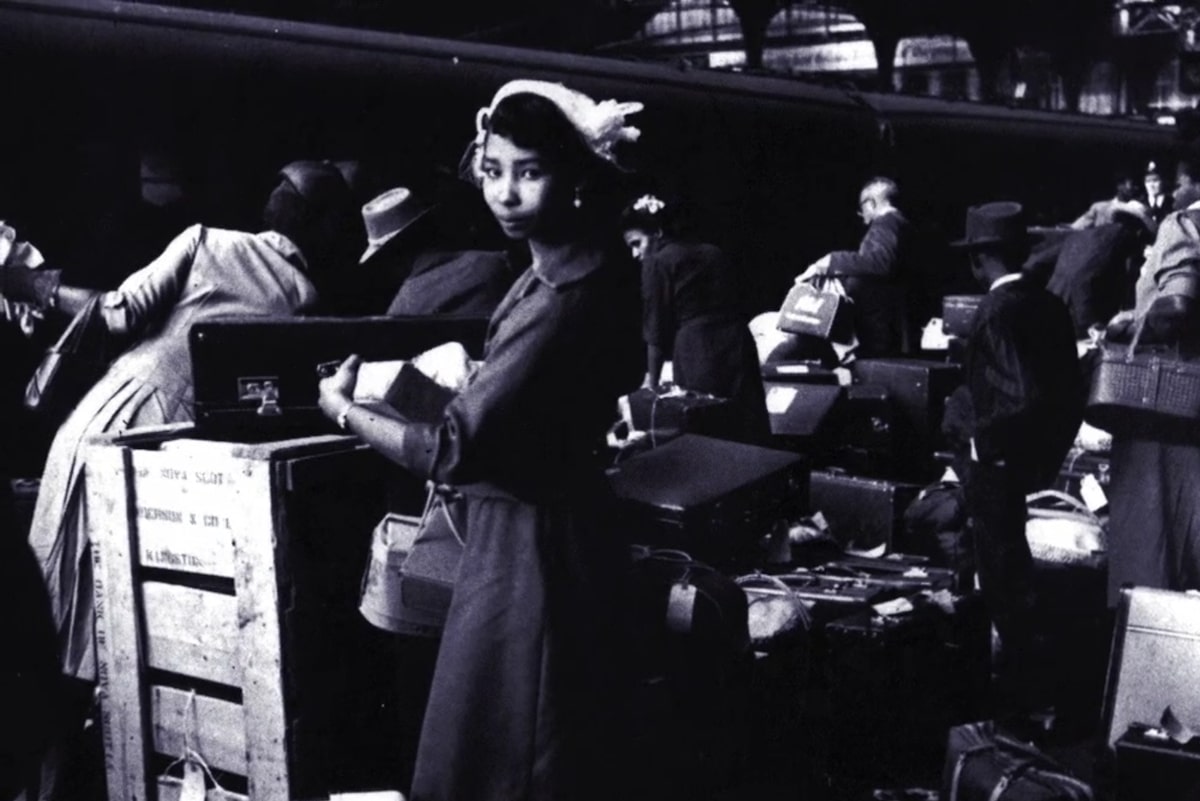
Walking in the Wake
Walking in the Wake was produced for the Estuary Festival (2021) in collaboration with Elsa James, Dubmorphology and Michael McMillan who meditates on the River Thames as we follow black pilgrims traversing sites of Empire.

Illuminating, in-depth conversations between writers.
SpotifyApple Podcasts
Amazon Music
YouTube
Other apps

The series that tells the true-life stories of migration to the UK.
SpotifyApple Podcasts
Amazon Music
YouTube
Other apps

